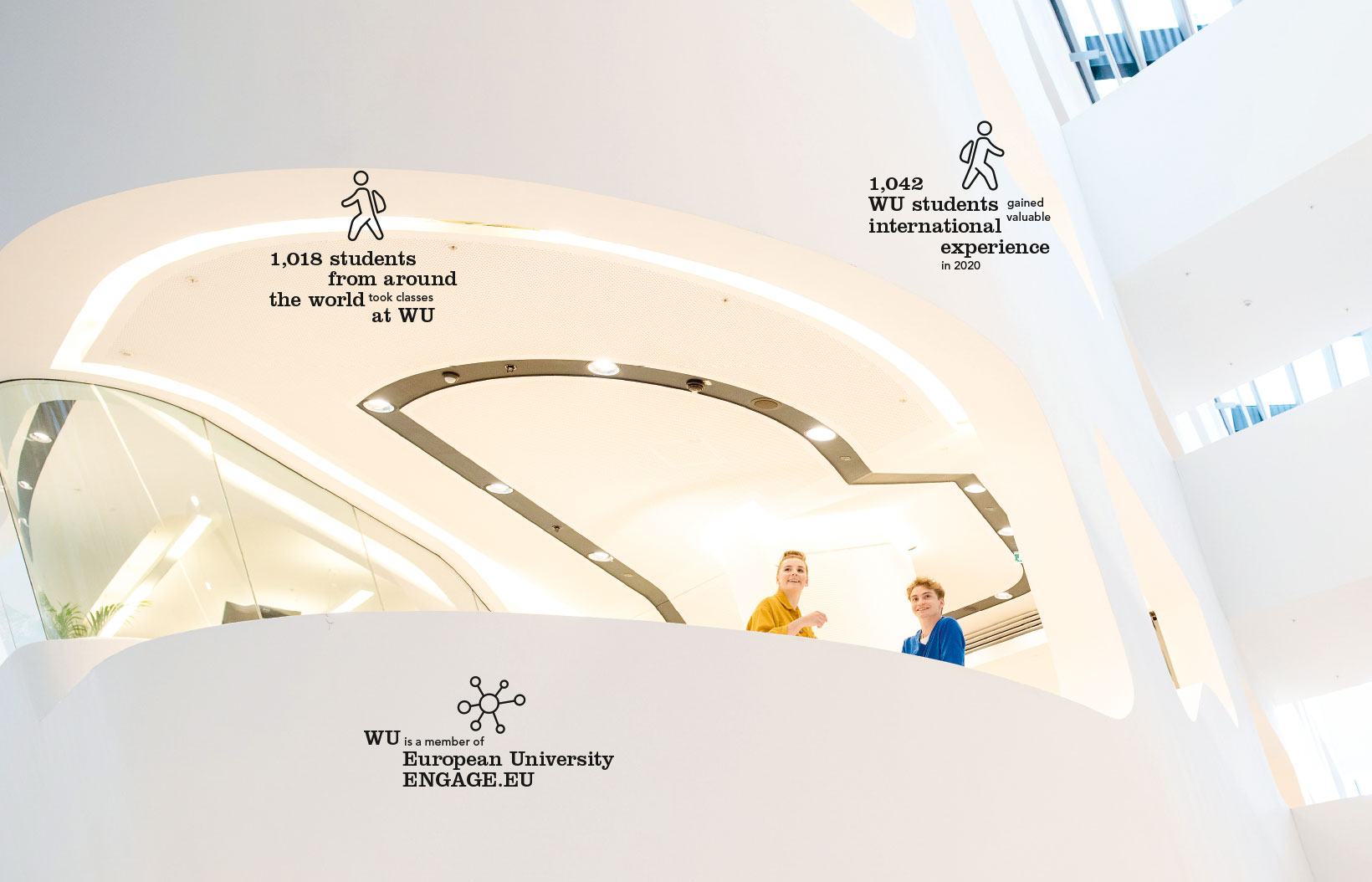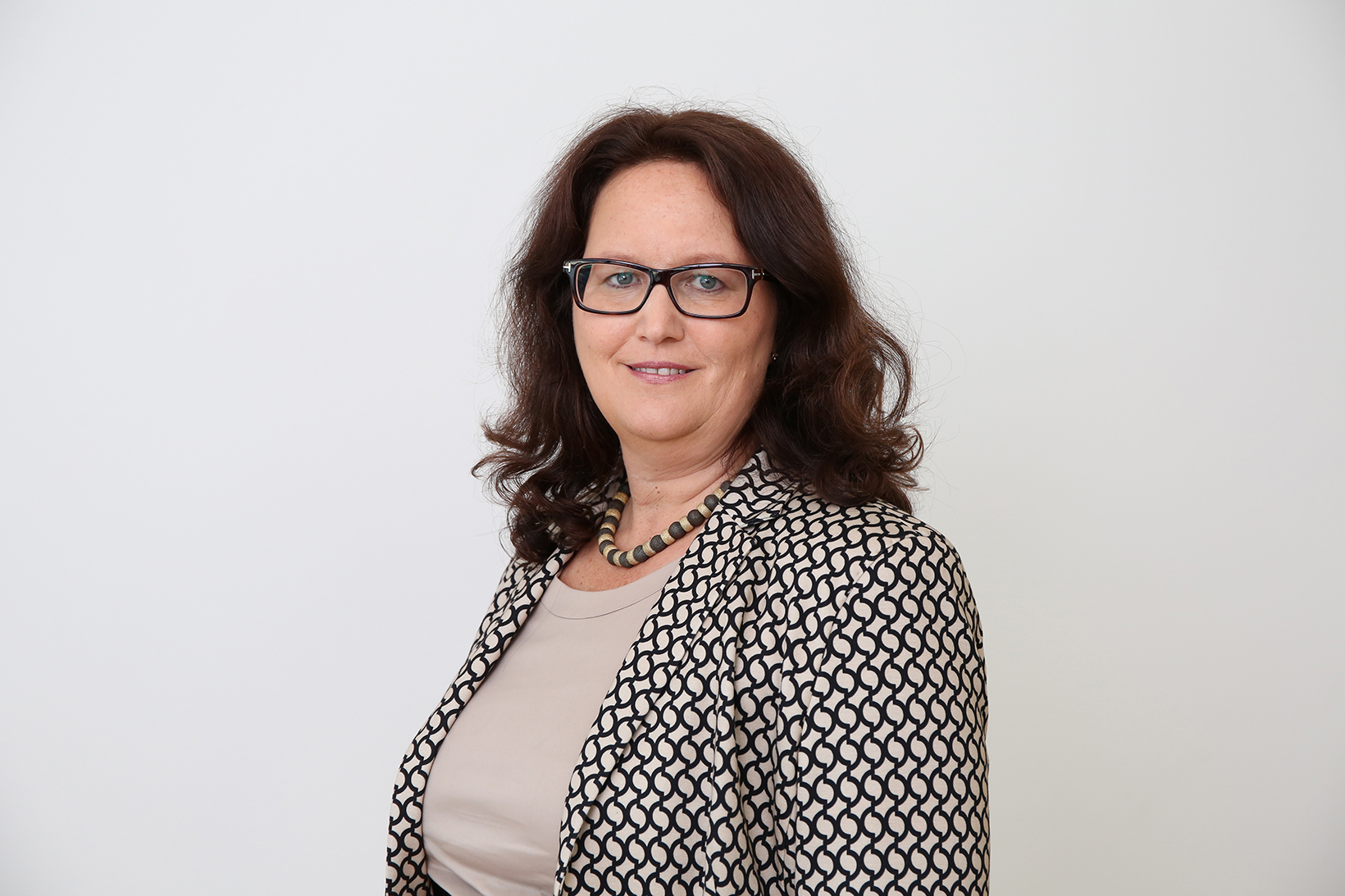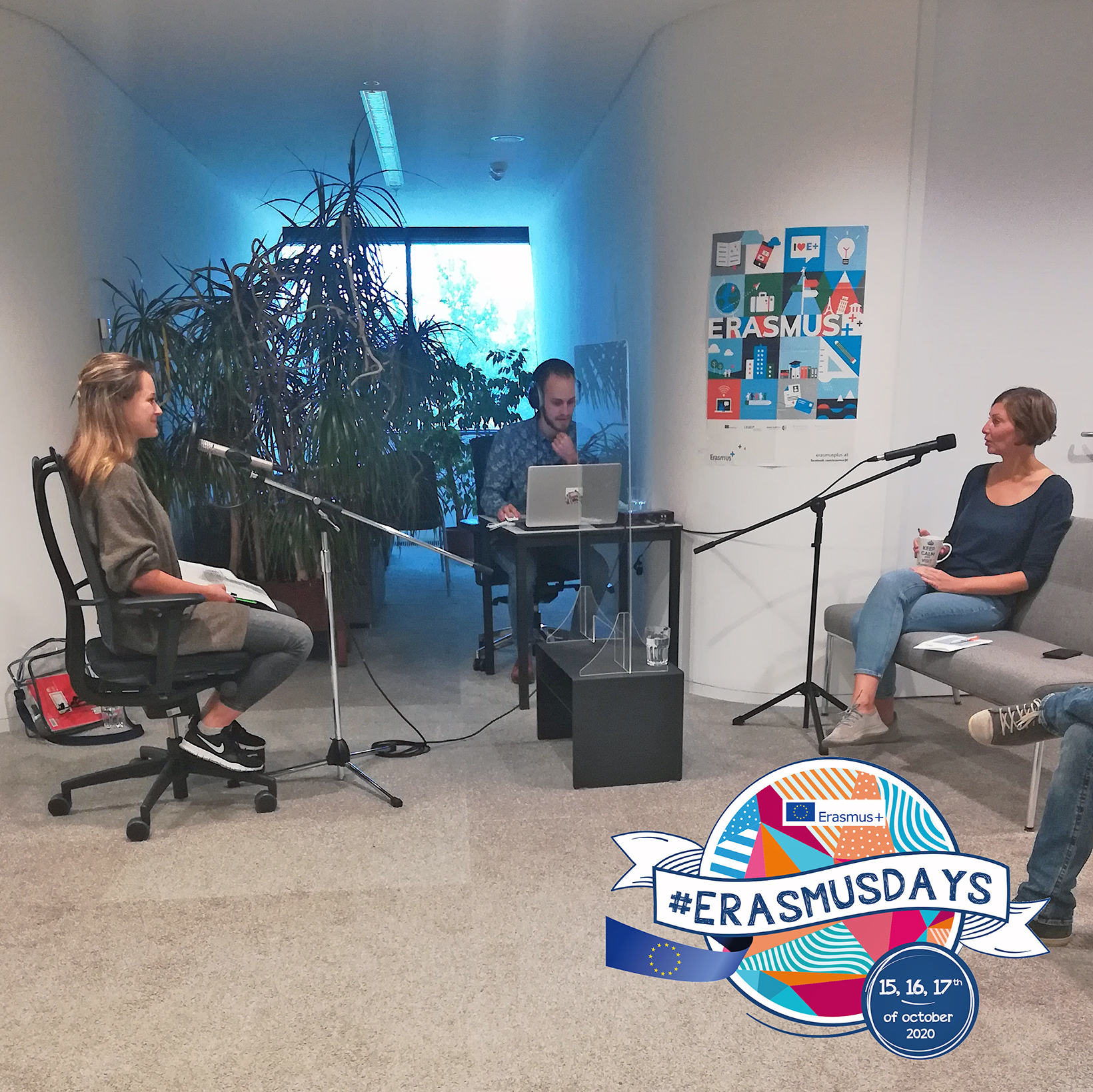
Mobility in Times of Covid
Exchange programs bring people from different cultures together to develop new ideas, converse, and broaden their horizons. The COVID-19 pandemic makes traveling difficult, keeping many members of the academic community from going abroad. Maintaining a spirit of community and international solidarity is particularly important in times of crisis. This is why Rector Edeltraud Hanappi-Egger has signed the joint statement “Mobility in higher education as a catalyst for resilience and renewal,” along with 30 other renowned international universities, including US universities such as Brown, Harvard, and Yale, the King’s College London, London School of Economics, Université Paris Dauphine-PSL, and Singapore Management University. In the statement, the universities confirm their commitment to international mobility. The universities that have signed the statement aim to work together to develop new ways of international cooperation and knowledge transfer.
Managing International Cooperations
Because international cooperation is a high-priority topic at WU, we established a Dean for International Affairs position nine years ago. Their responsibilities include:
- Representing WU in international networks
- Entering into and maintaining international partnerships
- Attending conferences and visiting partner schools
- Further developing existing cooperations and selecting and appointing academic advisors
- (Further) developing and planning international programs
- Ensuring availability of teaching programs for incoming exchange students and quality assurance of international teaching vis-à-vis our partner schools
On October 1, 2020, Edith Littich from the Institute for Finance, Banking and Insurance and former WU Vice-Rector for Academic Programs and Student Affairs took over this position from Wolfgang Obenaus.

More Than Just an Exchange Program
Erasmus is synonymous with academic mobility: At WU alone, around 450 students benefit from the program each year, spending an exchange semester at one of our partner universities abroad. Every year, about 80 students complete an international internship in Europe with the support of the Erasmus program, and about 40 WU employees benefit from a teaching or training stay.
WU is pleased to be part of Erasmus. To introduce the program and its opportunities to the WU community, we regularly participate in Erasmus Days, which are held across Europe. In 2020, we produced a podcast series in which students, faculty and staff members, and members of the Rector’s Council talk about their own personal experiences with the program.

The EU’s goal is to create a European Education Area. The European Universities Initiative was launched as a flagship project in 2019. European Universities are transnational alliances that will become the universities of the future. They promote European values and identity and aim to revolutionize the quality and competitiveness of European higher education. A new generation of creative Europeans will be equipped with the skills they need to collaborate across languages, borders, and disciplines to address social challenges and qualification gaps in Europe.
ENGAGE.EU, a collaboration between WU and six other leading European universities, joined the European Universities Initiative in 2020. In addition to WU, the alliance includes Germany’s University of Mannheim (coordinator), Italy’s Luiss – Libera Università Internazionale degli Studi Sociali Guido Carl, NHH Norwegian School of Economics, Tilburg University (Netherlands), Bulgaria’s University of National and World Economy, and Toulouse 1 Capitole University (France). Each university will contribute its own academic strengths and individual perspective, shaped by its unique geographical and economic contexts. Based on the fundamental European idea, the aim is to jointly develop solutions that could not be achieved alone.
The ENGAGE.EU universities will work together to find answers to the challenges of the future through joint courses and teaching formats, a think tank, and an exchange of ideas with stakeholders from civil society and the business community. Activities are aimed not only at students but also at the interested public.
The network’s first initiatives were the ENGAGE.EU Online Exchange program for students and the Engage.EU round table “Sustainability – Enhancing Awareness through Management Curricula.”

